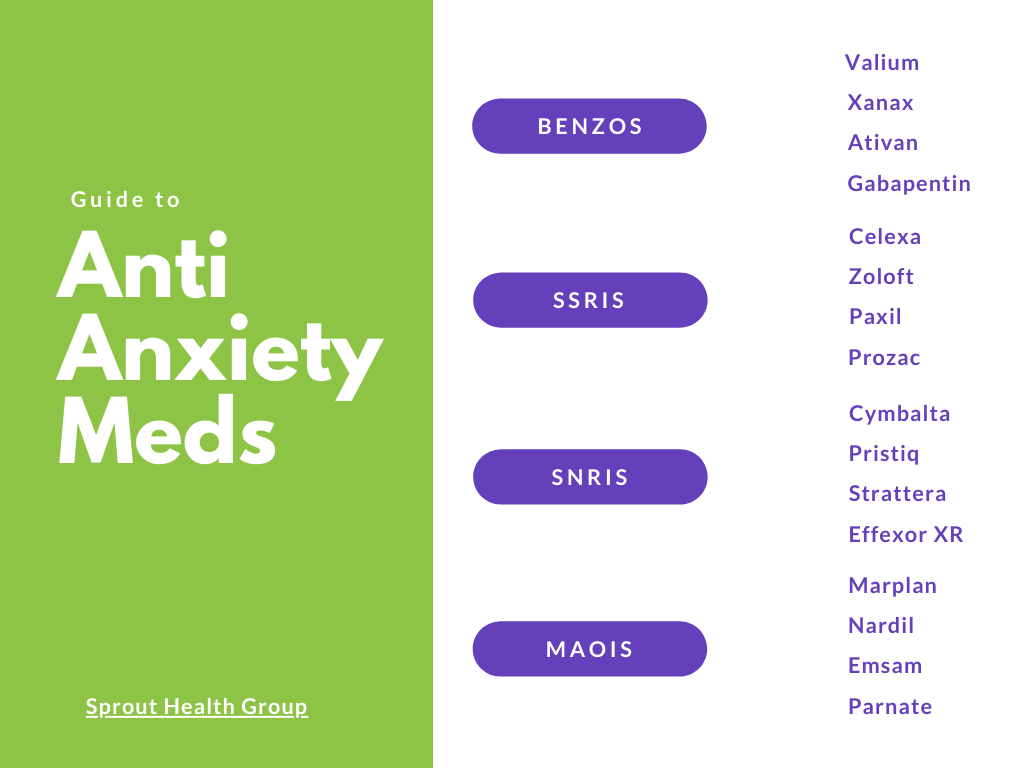

There is inadequate information about the short-term and long-term tolerability, safety, and efficacy of sleep promoting medications and products in youth. Although there is no official approval, indication, or dosing guidelines for their use in children and adolescents, off-label treatment of sleep disturbances with over-the-counter and prescription medications are common. There is even less clarity for medications targeting sleep and circadian rhythms.

The use of medications prescribed for adult depression in youth is controversial with concerns of modest therapeutic effects and higher risks for side effects, leading to questionable overall benefits-to-risk ratios. Furthermore, residual sleep problems after depression remission increase the risk of relapse, and treating sleep disturbances in youths can improve depression. For instance, it is suspected that medications prescribed for depression may not be better than placebo in patients who also have sleep disturbances. These sleep problems can interfere with antidepressant response to standard treatments.

Sleep disturbances are estimated to affect 66% to 72% of children and adolescents with depression, and sleep loss was found to predict higher risks of depression in young Canadians. Yet, little is known about how sleep disturbances co-occurring with depression are addressed in current pedopsychiatric practice. Poor sleep has been linked to worse and more recurrent depression, as well as increased suicidal ideation in adolescents. Suicide is one of the leading cause of death among Canadian adolescents, and rates of suicide are increasing in this age group. In childhood and adolescence-onset depression, the risk of recurrence is high, about 50 to 70% within 5 years, and persisting depression is associated with worse suicidality. A survey of Canadians aged 15 to 24 years indicated that about 11% have experienced depression in their lifetime, and 7% reported depression in the previous year. Its prevalence increases in the early teens, more so in girls than boys. Pediatric depression is characterized by prolonged or recurrent sadness or irritability, markedly diminished interest or pleasure in activities, decrease or increase in appetite, feelings of restlessness or being slowed down, poor memory and concentration, feelings of worthlessness and guilt, recurrent thoughts of death, as well as sleep disturbances. This developmental period also marks the onset of mood disorders for many individuals. More empirical evidence on the efficacy, tolerability and indications for using these medications and newer group of sleep medications in this population is needed.Ĭhanges in sleep and biological rhythms emerge during childhood and adolescence.

Melatonin and certain off-label psychotropic drugs are perceived as being more effective and appropriate to address sleep disturbances in children and adolescents with depression. Doxepin, zaleplon, tricyclic antidepressants, zolpidem, or lorazepam were rarely prescribed due to lack of evidence and/or concerns about adverse effects, long-term safety, suitability for youth, suicidality, and dependence/tolerance. Melatonin (97%), trazodone (81%), and quetiapine (73%) were rated by a majority of respondents as effective. Melatonin and trazodone were identified as the first treatment of choice by 83% and 10% of respondents respectively, and trazodone was identified as the second treatment of choice by 56% of respondents for treating sleep disturbances in children and adolescents with depression. Respondents reported noting significant sleep issues in 40% of all their patients. Sixty-seven active child and adolescent psychiatrists completed the survey. MethodsĬanadian child and adolescent psychiatrists were surveyed on their perception of effectiveness of a range of medications commonly prescribed for sleep disturbances, their ranked preferences for these medications, reasons for avoiding certain medications, and perceived side effects. This study is the first to report Canadian data about prescribing preferences and perceived effectiveness reported by child and adolescent psychiatrists regarding medications used to manage sleep disturbances in children and adolescents with depression. Primary care physicians and child and adolescent psychiatrists often treat sleep disturbances in children and adolescents with mood disorders using medications off-label, in the absence of clear evidence for efficacy, tolerability and short or long-term safety.


 0 kommentar(er)
0 kommentar(er)
